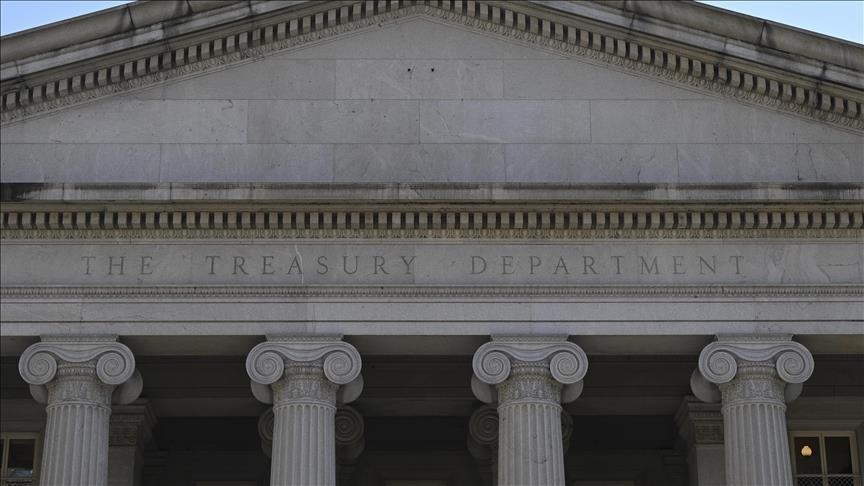ISTANBUL
The US is committed to boosting economic connectivity, development, and opportunity across the Pacific region, said Treasury Secretary Janet Yellen.
“A strong and connected Pacific region has benefits for the United States and for the global economy,” she said Sunday at the Pacific Banking Forum in Brisbane, Australia. “A key part of achieving that is making sure people and businesses in the region have access to the global financial system.”
Yellen said the US’ key focus is supporting the Pacific region’s economic resilience, including through strengthening access to correspondent banks.
“Correspondent banking increases opportunity for everyday people, facilitating the flow of remittances and enabling greater financial inclusion,” she said.
“It promotes healthy market competition in the financial services sector, facilitates trade financed through regional and global financial centers, enables financing for infrastructure and development projects, and helps to make economies and financial systems more resilient to shocks,” she added.
Correspondent banking is a relationship between two banks, where one bank, or a financial institution, is authorized to provide banking services to another. They also act as third-party financial institutions and intermediaries between domestic and international banks.
Yellen said that this March the US Treasury entered into a memorandum of understanding with the Pacific Islands Forum Secretariat to strengthen the Pacific region’s capacity to address correspondent banking needs, and added: “We are also closely engaged with the World Bank to explore durable solutions at a regional scale.”
Brian Nelson, Treasury under secretary for terrorism and financial intelligence, said the US recognizes the economic and strategic significance of the Pacific region, and it is committed to deepening engagement and collaboration with its allies and partners to bolster financial connectivity, investment, and integration.
“International financial integration is a key driver of economic development, opportunity, and stability,” he said in a separate statement. “Correspondent banking has helped to bolster international trade by reducing financial friction and allowing for quick and low-cost transactions across borders.”
Nelson said correspondent banking has facilitated large-scale foreign investment at the macro-level, including financing for infrastructure and development projects, while also helping countries make their financial systems more resilient.
At the micro level, correspondent banking has helped individuals more easily and affordably send funds, including remittances, across borders, he added.

